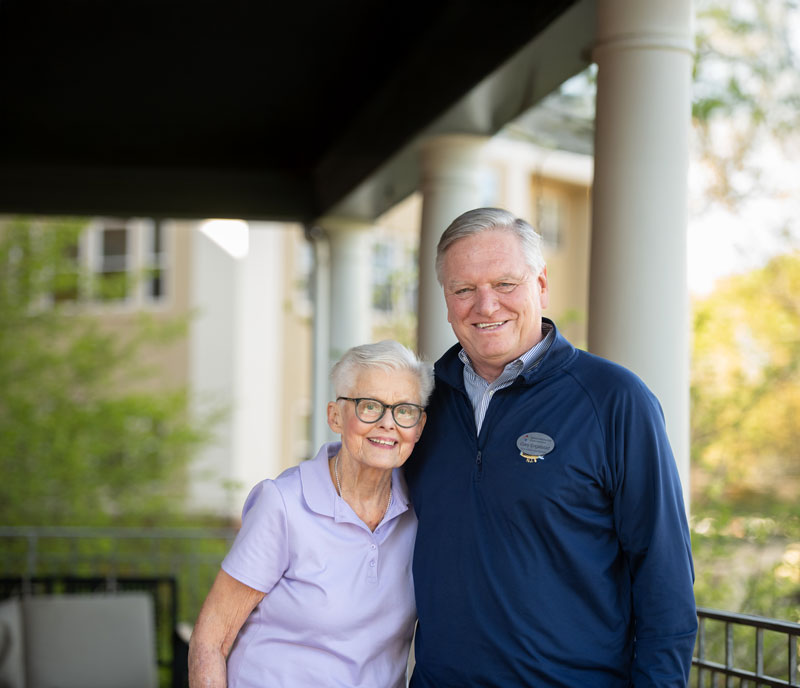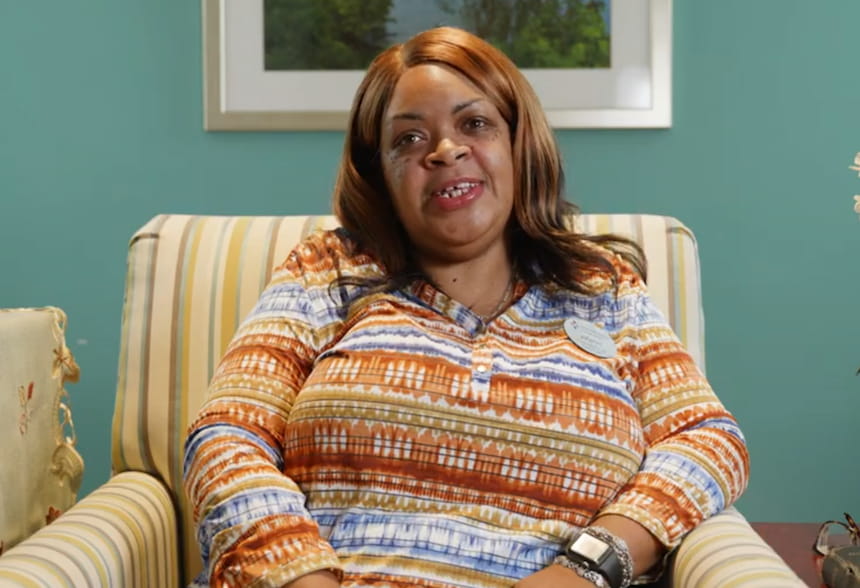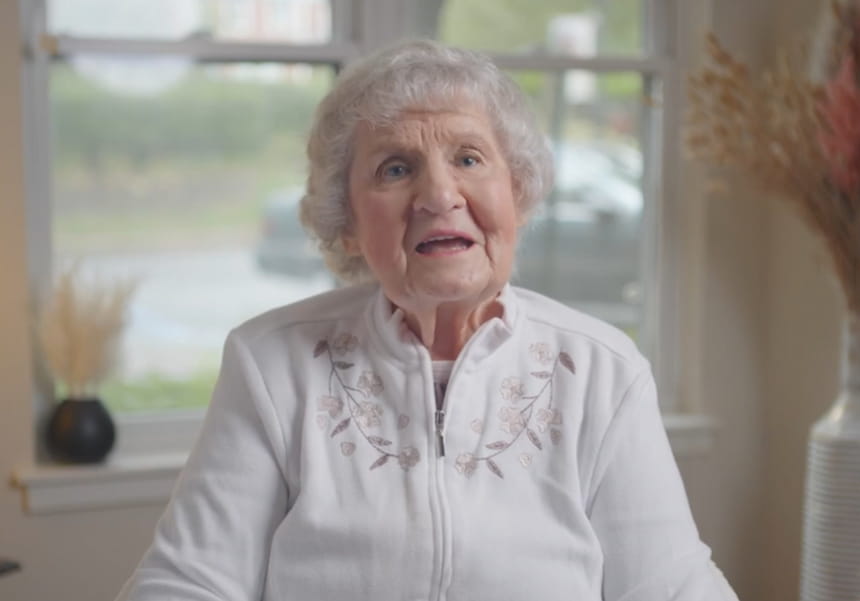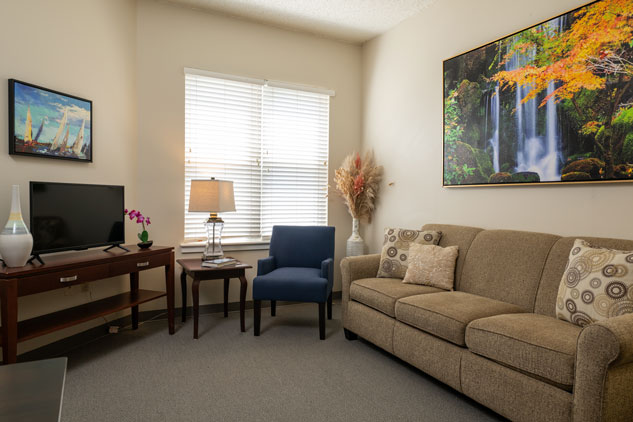
A Place to Call Home
Experience the difference of senior living in Camden County, New Jersey at Collingswood Manor. Our friendly, close-knit community offers personalized care, engaging lifestyle options, and a welcoming atmosphere that feels like spending every day with family. Enjoy the best of both worlds – small-town charm with big-city access, just minutes from Philadelphia.
Life at Collingswood Manor begins with a front porch welcome and a neighborhood full of possibilities. Just a short stroll or quick ride from the lively heart of Collingswood, NJ, our residents can fill their days with visits to local cafes, yoga classes, art galleries, boutique shops, and beautiful parks.
Inside, the warmth of our brick architecture is matched by the genuine support of our dedicated team – people who treat every resident like family and make our community feel like home.
Here, senior living in Camden County blends the charm of a close-knit town with the ease of having every service and comfort within reach.
Community Life
Daily life at Collingswood Manor is about comfort, connection, and choice. From cozy indoor spaces to nearby parks and community events, there’s always something to enjoy.

Amenities
Find comfortable lounges, welcoming dining rooms, a fitness area, salon, library, and activity rooms – all designed for convenience and connection.

Dining and Menus
Our chefs create flavorful, nourishing meals served in warm, inviting dining areas that bring people together.

Events and Activities
There’s always something happening at Collingswood Manor. Whether you enjoy staying active or simply connecting with neighbors, our calendar offers something for everyone.
Living Options
Collingswood Manor offers flexible, supportive living arrangements tailored to individual preferences and care levels.

Assisted Living
Support with daily needs like dressing, bathing, and medication provided in a safe, respectful environment.

Independent Lifestyles
Maintenance-free apartments with access to enriching programs, dining, and community services.

Memory Care
Our Tapestries™ Memory Care program provides a safe and supportive environment for individuals living with Alzheimer’s or other forms of dementia.
Resident and Family Feedback

Jocelyn
It's not just the two of us against the world, now it's the two of us and all of our community.

Flora
It's a lovely place, there's no question about it. You know you're going to get better, and the girls in therapy are wonderful.

Leona
They offer us many excursions to go on, they have all these wonderful festivals, and they have excellent drivers here to take us all over wherever we want to go.

Floor Plans
Choose from a variety of layouts designed for comfort, privacy, and accessibility. Every apartment is thoughtfully crafted to feel like home.
View Floor Plans
About Collingswood Manor
Located in historic Collingswood, NJ, Collingswood Manor offers faith-based senior living options in Camden County guided by nonprofit values and more than a century of trusted service. Our location offers the charm of a close-knit neighborhood with the convenience of shops, parks, and cultural attractions just outside your door.
Learn MoreCome and Visit Us
We invite you to visit our campus, meet our team, and see firsthand what makes Collingswood Manor such a special place to call home.
Collingswood Manor

856-854-4331

460 Haddon Avenue
Collingswood, NJ 08108





